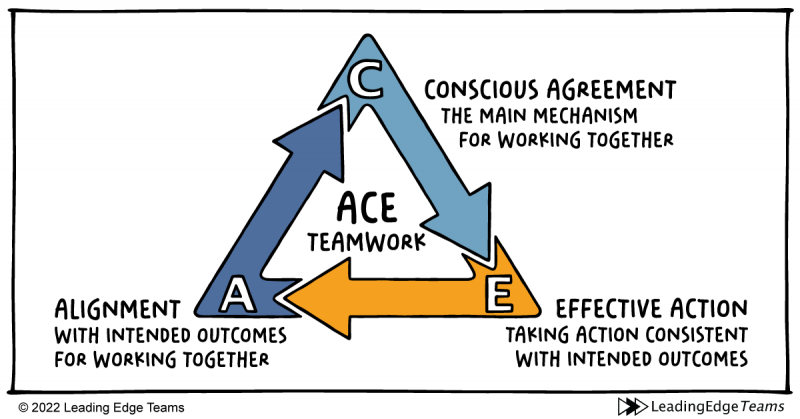HEY, BUSINESS LEADER, WHICH ARE YOU?
DO YOU GIVE CONTROL OR TAKE CONTROL?
To empower leadership, successful business leaders must learn to be okay with less control, but at the same time that does not mean people who work for them do whatever they want. Leaders learn to let go, as teams are trained and ready to take on the responsibilities handed over to them.
—Annie
Be up-front with yourself. Which type of business leader are you?
Are you an authoritarian business leader who takes too much control?
This outdated type of business model, one with top-down authority, presumes that the person at the top knows all, can do all, and has all the answers to the problems—including inexhaustible time and energy, and a limitless skillset that meets all the demands of a growing company.
In today’s fast paced business environment, it isn’t possible to sustain doing business this way; a CEO/owner will ultimately burn out and close up shop.
OR… Are you a business leader who gives control to others?
If so, you understand business is a TEAM sport and you see the people you hire as skilled, reliable contributors who can think and act independently. If this business model rings true for you, you know the success of your business does not just revolve only around you—it takes your team to reach goals and achieve big outcomes!
The only exception is a solo-entrepreneurship, when a business is in start-up mode.
However, if a company is to grow, working solo does not last long. Granted, it can be hard to let go, (I’ve been there as a young CEO), but leaders who take control of every job and every detail are like the basketball team captain who presumes he/she needs to hold the ball in the court at all times because he/she always knows best! Even though there is a fully skilled team, hired and ready, the captain still won’t pass the ball. Can you imagine? No.
Remember too, entrepreneurial business development has stages.
We know that the Initial creation and development of a business often requires the founder to “wear all the hats,” for a season. Yet in time, growing productivity and profit is only achieved and sustained through creating and coaching a tier of productive, innovative team members with clearly identified functions.
Ask yourself this:
Are you feeling the strain of taking, or needing to have, too much control? Are you struggling to find time to work on development and strategy, because you’re caught up in daily, less critical tasks? Are you feeling the need to control everyone and make all the decisions for them? For you, the truth of this issue is revealed in the excess hours you are working, or self-protective emotional reactions you are pouring out onto others, professionally or personally.
If this rings true for you, it is problematic, and there are choices and changes you can make. My team and I are passionate about helping business executives know exactly where to begin to let go of controlling all. Where to start? Feel free to reach out so we can answer your questions.
For many leaders, until they learn how to effectively hand over their control, and set others up for success to achieve the needed results and important outcomes, it can feel easier just to do it themselves. Trust me, it’s not easier in the long run.

How do you prepare to let go of your control and give control to others?
- You selectively hire the right people for the right jobs, invest in their training, and begin to allow them to take on independent job functions, responsibilities and decision-making.
- Communicate company goals, emphasizing clear outcomes, as you begin to let go of functions to your team.
- To give control, you need to develop Self-Leadership. Self-Leaders are people who are highly effective in their role, and people who will take full responsibility for outcomes. This includes being very competent in what they do, and can be trusted to not only get the intended result, but trust they will catch their own mistakes during the process.
- Hire people that have proven to be competent in making the right changes and decisions in how to get back on track without messing up the rest of the company. (A great question to ask: What have you done in previous jobs when the best plan didn’t work?)
- In addition, give control and decision-making to confident team members who can be trusted to come to you if there are issues and if there is a goal that cannot be achieved.
- Believe that the individuals on your team have good judgment if something is not going well; trust them to make the right changes and decisions to get back on track without causing issues for the rest of the company.
Human performance, in my opinion, is the single most vital element of modern business success. In basic terms, you need the best, most effective human intelligence and behavior to show up and perform in your business. As you give over control, it takes effort and communication, focus, critical thinking, and interacting effectively with the team.
Shift your control!
Discover the relief of letting go of all-knowing control to a team you can trust. You will enjoy the game of business when you release your grip and begin to pass the ball!
This is Leadership!
Annie










